This 10-minute video for Canadian Tax Professionals includes a rapid-fire discussion of select recent developments in the wonderful world of Canadian tax presented by the Video Tax News Team.
Topics:
Proposed US Tax Change – Impact on Canadian Investors – Source 1, Source 2 and Source 3
Late Breaking: On June 26, 2025, US Republicans announced that they have agreed to withdraw the Section 899 proposal.
Program Recorded: June 19, 2025.
Life in the Tax Lane is for general information purposes only and deals with dynamic, time-sensitive and complex matters that may not apply to particular facts and circumstances. The information provided should not be relied upon as a substitute for specialized professional advice in connection with any particular matter. For more information visit videotax.com/disclaimer. ©Video Tax News Inc. 2025, All Rights Reserved.










